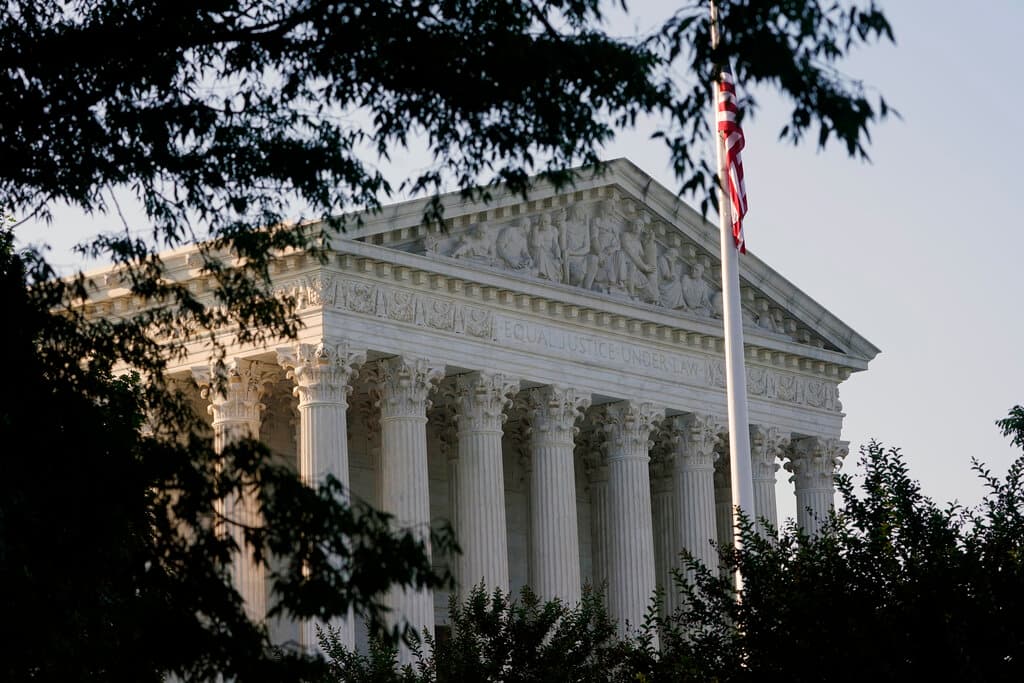The Bonfire of Privilege
Our concern is less with the former president’s political chances than with the prospect of a bonfire of legal privileges.

The man who could be the most famous in the world is facing a battery of investigations unfolding under sealed secrecy. That strange set of affairs clicked into place with a CNN report that no less than eight investigations into President Trump are underway. Our concern is less with the former president’s chances for a return to the White House than with the prospect of a bonfire of legal privileges that undergird our due process of law.
Please check your email.
A verification code has been sent to
Didn't get a code? Click to resend.
To continue reading, please select:
Enter your email to read for FREE
Get 1 FREE article
Join the Sun for a PENNY A DAY
$0.01/day for 60 days
Cancel anytime
100% ad free experience
Unlimited article and commenting access
Full annual dues ($120) billed after 60 days

